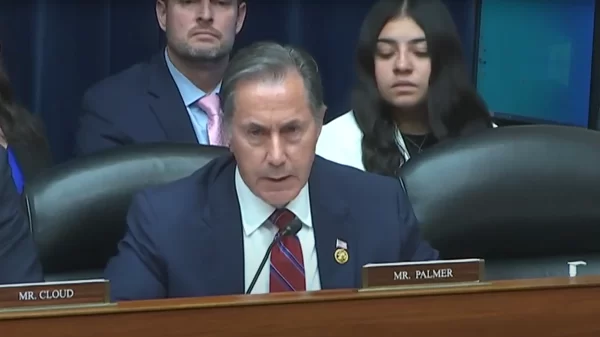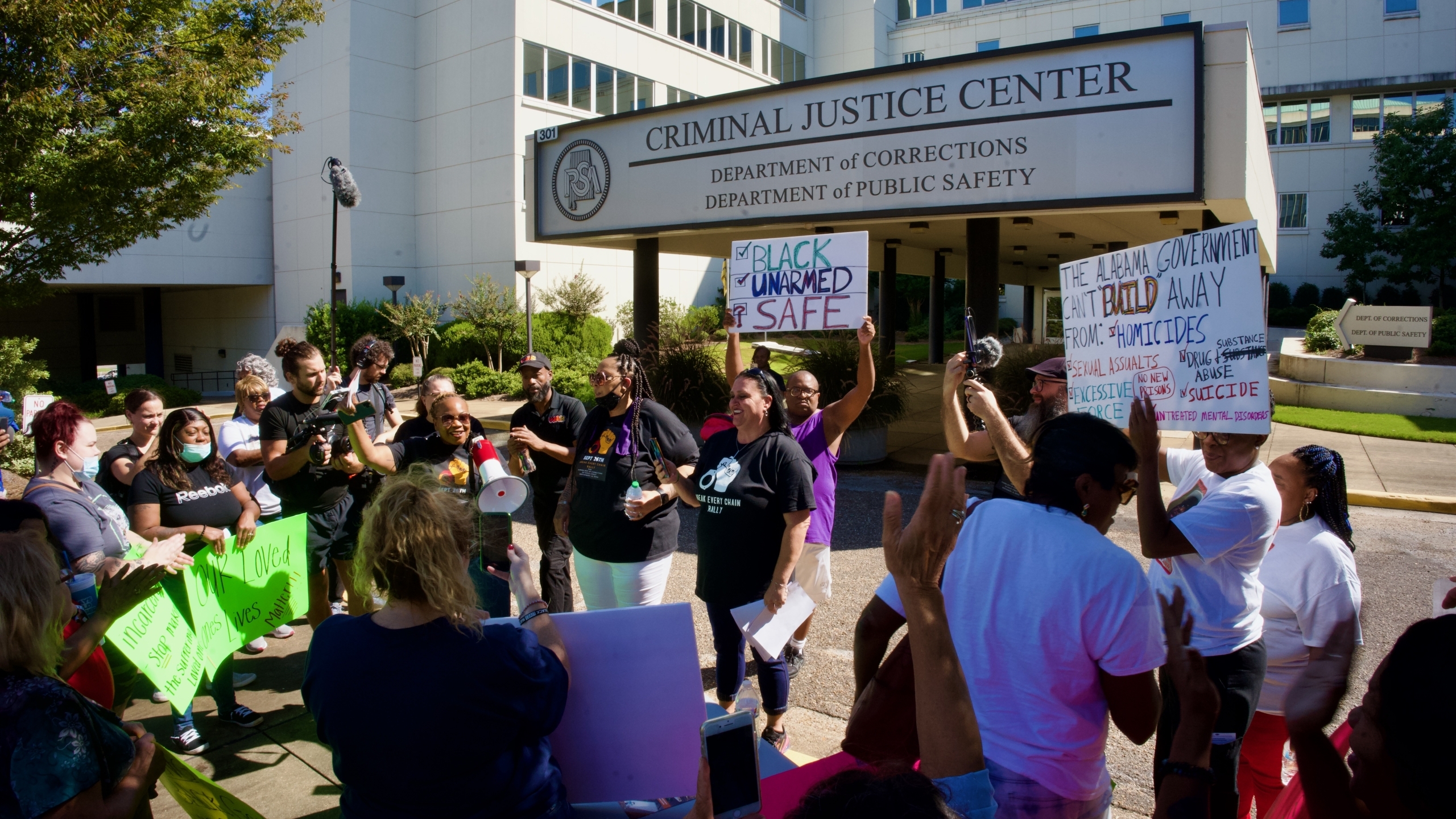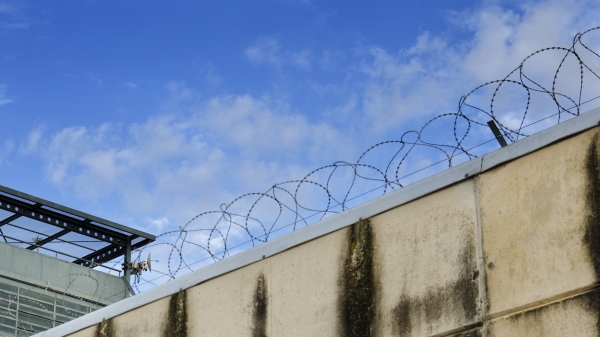|
Getting your Trinity Audio player ready...
|
The Alabama Department of Corrections confirmed on Wednesday that most major male facilities in the state are still experiencing worker stoppages and that facilities have switched to two meals a day as a result of the general strike and protest launched by incarcerated individuals on Monday.
The ADOC, in a statement released on Wednesday, said that “each facility’s operations are affected differently” and that security measures, such as control of movement, have been deployed “to maintain a secure environment” within the facilities.
ADOC facilities have maintained a holiday meal schedule since the beginning of the strike on Monday, wherein incarcerated individuals are only fed twice each day. Correctional facilities around the state are unable to provide full meal services without incarcerated labor, even if correctional staffing numbers were at full capacity.
A spokesperson for the ADOC said in a statement released on Wednesday that the change in meal service was not “a retaliatory measure but logistically necessary to ensure that other critical services are being provided.”
Since the beginning of the strike, incarcerated individuals at ADOC facilities system-wide have alleged that the switch to two meals, which some have described as “bird feeding,” a starvation tactic used against protesting workers in prison, was in direct retaliation for the strike and peaceful protest.
“Once the work stoppages end, facilities will once again be able to provide regular meal service,” the spokesperson for the ADOC said in a statement on Wednesday. “ADOC is hopeful that regular meal service can be restored as soon as possible.”
A source within Staton Correctional Facility who asked to remain anonymous for fear of retaliation confirmed to APR on Wednesday that an incident occurred Wednesday morning involving incarcerated individuals who refused to leave the facility kitchen, resulting in a dog team coming to remove the men. The facility has been especially volatile in the time since the strike began on Monday.
“Everyone is exhausted,” the source said in a statement on Wednesday. “Staton only has one steward where we should have six, so there is not any backup for her except security. I fear that the longer this strike lasts, the more violence will erupt.”
Incarcerated workers at major facilities, alongside family and friends outside the prisons, staged a general strike and protest on Monday against preexisting conditions in the prison system and legislation that members believe has created a humanitarian crisis within the prison system.
A repeal of the habitual offender act, an end to life without parole, a reduction of the 30-year minimum for juvenile offenders down to 15 years before parole eligibility, and a streamlined review process for medical furloughs and elderly incarcerated individuals are among the demands laid down by organizers both inside and outside the prison.
The U.S. Justice Department, in their ongoing lawsuit with the state of Alabama, alleges that due to system-wide over-crowding and lack of correctional guards at facilities around the state, more instances of violence and death are happening as a result.






















































